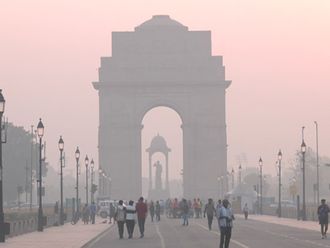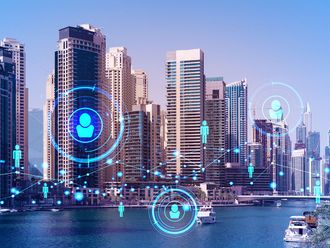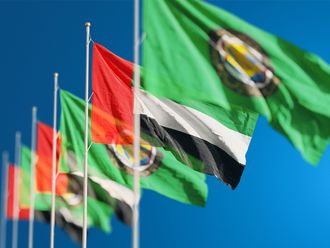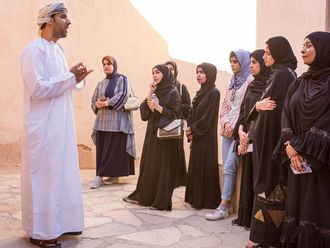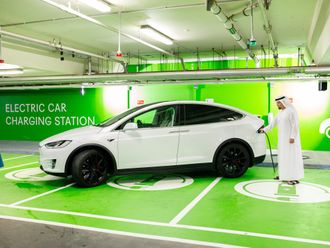Economic diversification is the way forward for any nation that hopes to develop a knowledge-based economy. Monday’s announcement of the Saudi budget sheds light on oil’s ongoing dominant role in Gulf states’ economies. That needs to change immediately. The GCC-wide call for economic diversification is decades old. It is not news that oil revenue is not indefinitely sustainable. Yet, despite that knowledge, attempts to move away from an oil-based economy have only been whole-heartedly embraced by a few. The days of $100-a-barrel oil are over. Even hopes that crude will return to $70 (Dh257.46) in the near future seem misplaced. Global markets have also made it clear that even at low prices, it would prefer clean energy to oil.
That isn’t a bad thing.
For the second successive year, the Saudi government will be running a deficit — thanks to falling oil prices. The deficit itself is not an issue, but the budget still highlights the overly large role that oil plays, especially in terms of providing subsidies to citizens and residents. In Saudi Arabia alone, state revenue from oil stands at an estimated 73 per cent in 2015. The UAE has shown that economic diversity is more than just a theory. The country has already brought in tourism, aviation, manufacturing and retail and is on its way to building a knowledge economy. Oil in Dubai contributes only 6 per cent to the economy. This is the type of environment that oil money should be building in Gulf countries, instead of those that include energy and utility subsidies. Subsidies should have been a short-term bridge to help Gulf countries transition to developed economy status. Instead, those subsides have become entrenched and viewed as necessities or rights. That mindset can be changed if people are shown a world where innovation, instead of subsidies, drive the economy.
It isn’t too late for this to happen, but time — just like oil — is limited. Governments need to make those changes now, while they can still see that the transition is accomplished smoothly and while helping to maintain the people’s high standard of living.


